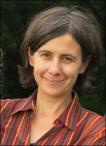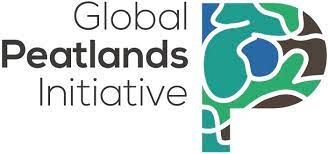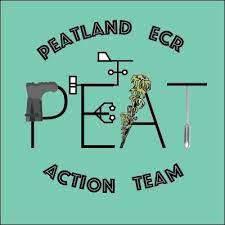.png)
How to develop networks for global impact
This event has now finished.
Event details
This session will give you practical skills to build the depth and breadth of your networks inside and beyond the academy.
Create your own impact network map, considering people in your institution, disciplinary networks and non-academic networks, identify key strengths, biases and gaps. Then use the 3i’s approach to identify influencers and hard-to-reach groups that you may want to prioritise for engagement, based on their relative interest, influence and impact. Finally, use these insights to identify between 3-5 individuals you would like to add value to, and identify ways to build trust and mutual impact together.
The session then considers personal reflections from two researchers that have build impressive international networks that have generated important new research and impact for peatlands.
While the session focuses on peatland examples, it is open to researchers from any field.
About the trainers
Professor Mark Reed is Co-Director of the Thriving Natural Capital Challenge Centre at Scotland’s Rural College (SRUC), and a Visiting Professor at Newcastle University, Birmingham City University and the University of Leeds. He has over 200 publications that have been cited more than 20,000 times and has won awards for the non-academic impact of his research. He is author of The Research Impact Handbook, The Productive Researcher and Impact Culture and CEO of Fast Track Impact. He provides training and advice to Universities, research funders, NGOs and policy-makers internationally. Find out more about his work or follow him on Twitter.

Dr Franziska Tanneberger is Director of the Greifswald Mire Centre with research interests in habitat selection and ecology of fen mire species in Central and Eastern Europe and in Siberia, assessment of ecosystem services from rewetted fens and the distribution and condition of peatlands in Europe. She has developed extensive networks across the peatland research community and has built policy networks in Germany, Europe and beyond, enabling her and her colleagues to have significant impacts. Find out more about her work or follow her on Twitter.

Professor Maria Strack conducts research on the interactions between ecology, hydrology, biogeochemistry and soil properties in wetland ecosystems. In particular, her research focuses on managed peatland ecosystems where she works collaboratively with partners in industry, government agencies, and environmental NGOs to advance policy and best management practices related to nature-based climate solutions. Together with colleagues in her Wetland Soils and GHG Exchange Lab, she uses social media and video to engage audiences with complex research on peatlands. Find out more about her lab or follow them on Twitter.
About the Global Peatlands Initiative
The Global Peatlands Initiative is an effort by leading experts and institutions formed by 13 founding members at the UNFCCC COP in Marrakech, Morocco in 2016 to save peatlands as the world’s largest terrestrial organic carbon stock and to prevent it being emitted into the atmosphere. The current greenhouse gas emissions from drained or burned peatlands are estimated to amount up to five percent of the global carbon budget — in the range of two billion tonnes CO2 per year. Partners to the Initiative are working together within their respective areas of expertise to improve the conservation, restoration and sustainable management of peatlands. In this way the Initiative is contributing to several Sustainable Development Goals , including by reducing greenhouse gas emissions, maintaining ecosystem services and securing lives and livelihoods through improved adaptive capacity. Find out more at: www.globalpeatlands.org
Partners




